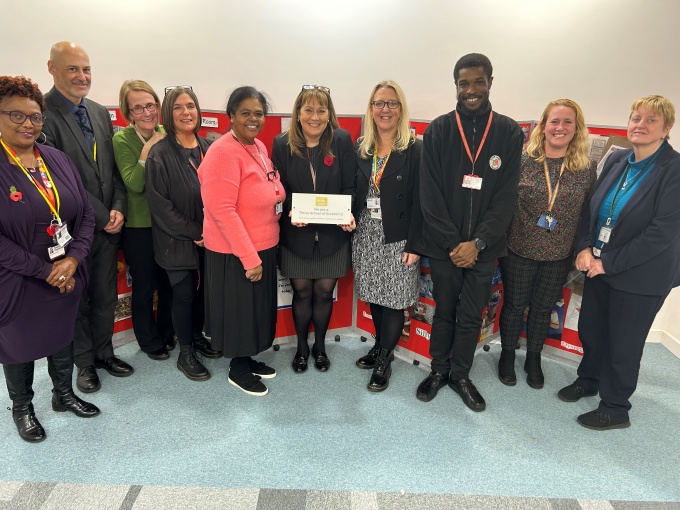A neuroscientist, television personality and author, Dr Lewis shares the very latest insights into neuroplasticity and how our brains work with audiences around the world. He translates academic research into practical advice on how to improve brain function.
Armed with the latest cutting-edge developments in neuroscience, one theme of Dr Lewis' keynote was the neuroplasticity of the brain. Neuroplasticity is the ability of our brains to change and develop their structure and function throughout our lives in response to learning new skills and behaviours.
A well-known piece of research that is often sited relates to London cabbies and the hippocampus, the part of the brain that forms, organises and stores memories. London cabbies undergo extensive training so that they become really familiar with London, referred to as 'The Knowledge'. Studies using brain scans have shown that part of the hippocampus actually grows during their training. It then remains larger as long as they continue to be cabbies and are reinforcing their knowledge. However, once they stop this part of the hippocampus starts to shrink again. It is a great example of the 'use it or lose it' principle of neuroplasticity which is active throughout life.
This is a key concept for the Thrive Approach, both for practitioners and the children and young people they are working with: through repetition, we can learn and reinforce new behaviours. So, while we cannot necessarily fix, we can make things better and therefore we can always offer hope.
Dr Jack Lewis is also the keynote speaker for the Thrive Forging New Connections 2019 conferences in Brighton, Norwich and Pontypridd and for 2020 in Exeter and Coventry.
Over to you
Reduced anxiety and behavioural incidents. Calmer classrooms filled with engaged leaners. Improved relationships with parents and carers. These are just some of the outcomes reported by settings embedding Thrive’s whole-school approach to mental health and wellbeing. Are you ready to join them? Click here to get started.
Pass it on
Small actions can lead to a big ripple effect. If you enjoyed this post or found it helpful, please consider supporting us in our mission to help every child and young person feel safe, supported and ready to learn by sharing it using the social media buttons below.
Want to join a like-minded community of senior leaders and classroom staff benefitting from insights and strategies to improve attendance, behaviour and attainment? Add your email address below. (It’s easy to unsubscribe).




_680.jpg)
_680.jpg)
_680.png)

(1)(1)_680.jpg)
